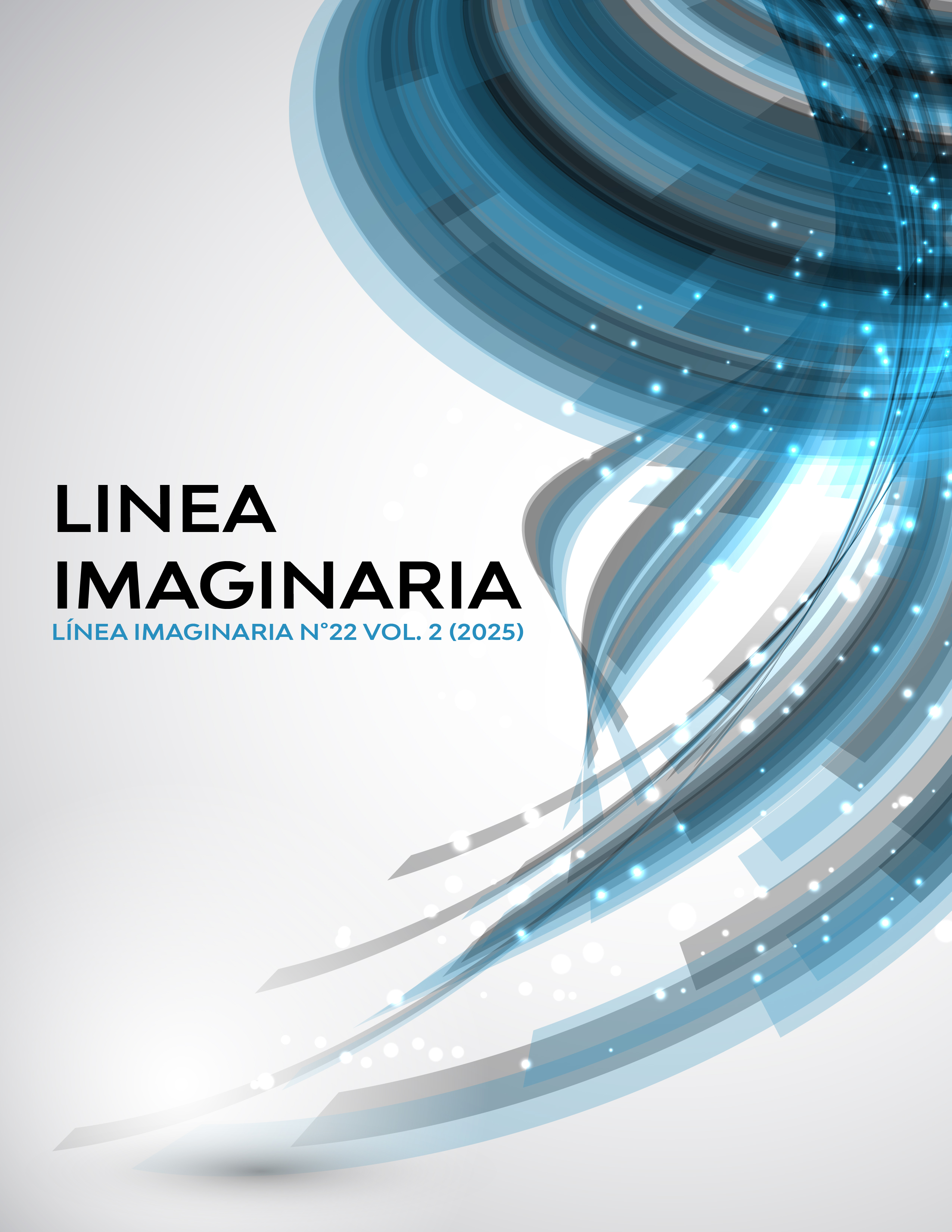FROM PREPARATION TO PERCEPTION: APPLICATION OF THE “PRUEBAS SABER” AT CIUDADELA CUBA EDUCATIONAL INSTITUTION
DOI:
https://doi.org/10.56219/lneaimaginaria.v2i22.4536Keywords:
Saber Tests, Educational evaluation, Evaluation cultureAbstract
The experience of the internal application of the Saber Tests at the Ciudadela Cuba Educational Institution in Pereira focuses on students from third grade to eleventh grade. This process is crucial to evaluate and improve educational quality, given that standardized tests allow the identification of strengths and weaknesses in learning. This time it is intended to strengthen the adaptation process of students and get them accustomed to the SABER 11 state tests. The objective of the article is to disseminate the experience of applying these tests in the institution, promoting the active participation of both teachers and students in the educational process, and the perception that these educational actors have before, during and after the experience. The methodology used included a schedule of the project processes. The evaluations were designed and printed. Training was generated for teachers on the content and importance of tests at the institutional level, as well as workshops for students that promoted study strategies. The teachers adapted their classes to address the topics based on the types of questions on the test. Spaces and times were assigned for the presentation of institutional tests. Finally, a perception form was applied where teachers and students expressed their perceptions of the process. Within the results of the perceptions given by the teachers, a positive perception was obtained, such as very good, excellent, and organized, among others. The implications of these findings suggest that a collaborative implementation of this type of Saber Tests not only impacts academic results, but also strengthens, prepares and conditions the educational community in the presentation of these. It is recommended to replicate this participatory approach in other institutions to promote a culture of constructive and continuous evaluation.
Downloads
References
Constitución Política de Colombia [Const]. Art. 67 de julio de 1991 (Colombia).
González, O. (2021). Comunicación Organizacional para el Desarrollo de los Proyectos Educativos Integrales Comunitario. Revista Conocimiento, Investigación y Educación CIE. Vol. 3. (13), 97-116.
Herrera J. (2020). Evaluación de la calidad en la educación básica y media en Colombia. Cultura, Educación y Sociedad, 11(2). 125-144. DOI: http://dx.doi.org/10.17981/cultedusoc.11.2.2020.08 DOI: https://doi.org/10.17981/cultedusoc.11.2.2020.08
Ley 1324 de 2009. Por la cual se fijan parámetros y criterios para organizar el sistema de evaluación de resultados de la calidad de la educación, se dictan normas para el fomento de una cultura de la evaluación, en procura de facilitar la inspección y vigilancia del estado y se transforma el ICFES. 13 de julio de 2009. D.O. No. 210697.
Martínez Cruz, J. G. (2024). Proyectos educativos y su impacto en el desarrollo de competencias en el nivel superior: Educational projects and their impact on the development of skills at the higher level. LATAM Revista Latinoamericana De Ciencias Sociales Y Humanidades, 5(1), 1379 – 1391. https://doi.org/10.56712/latam.v5i1.1679 DOI: https://doi.org/10.56712/latam.v5i1.1679
Mejía, D y Mejía, E. (2021). Evaluación y calidad educativa: Avances, limitaciones y retos actuales. Educare [online]. 2021, vol.25, n.3, pp.702-715. ISSN 1409-4258. http://dx.doi.org/10.15359/ree.25-3.38 DOI: https://doi.org/10.15359/ree.25-3.38
Sairitupac Santana, S., Varas Loli, R. P., Nieto-Gamboa, J., Silva Narvaste, B., y Rodríguez Taboada, M. A. (2020). Niveles de ansiedad de estudiantes frente a situaciones de exámenes: Cuestionario CAEX. Propósitos Y Representaciones, 8(3), e787. https://doi.org/10.20511/pyr2020.v8n3.787 DOI: https://doi.org/10.20511/pyr2020.v8n3.787
Torres, L., Álvarez, et alt. M., Cantillo, J., Usme, M., Mena, E. y Labrador, G.(2025). La evaluación en Colombia, ruta para la calidad educativa: Desafíos y retos. "Ciencia latina revista científica multidisciplinar”, 8(6), 8655-8679. https://doi.org/10.37811/cl_rcm.v8i6.15562 DOI: https://doi.org/10.37811/cl_rcm.v8i6.15562
Downloads
Published
How to Cite
Issue
Section
License

This work is licensed under a Creative Commons Attribution-NonCommercial-ShareAlike 4.0 International License.
La revista Línea Imaginaria conserva los derechos patrimoniales (copyright) de las obras publicadas, que favorece y permite la reutilización de los mismos bajo la licencia Creative Commons Atribución-NoComercial-CompartirIgual 4.0 , por lo cual se pueden copiar, usar, difundir, transmitir y exponer públicamente, siempre que se cite la autoría y fuente original de su publicación (revista, editorial, URL y DOI de la obra), no se usen para fines comerciales u onerosos y se mencione la existencia y especificaciones de esta licencia de uso. Si remezcla, transforma o crea a partir del material, debe distribuir su contribución bajo la misma licencia del original.













